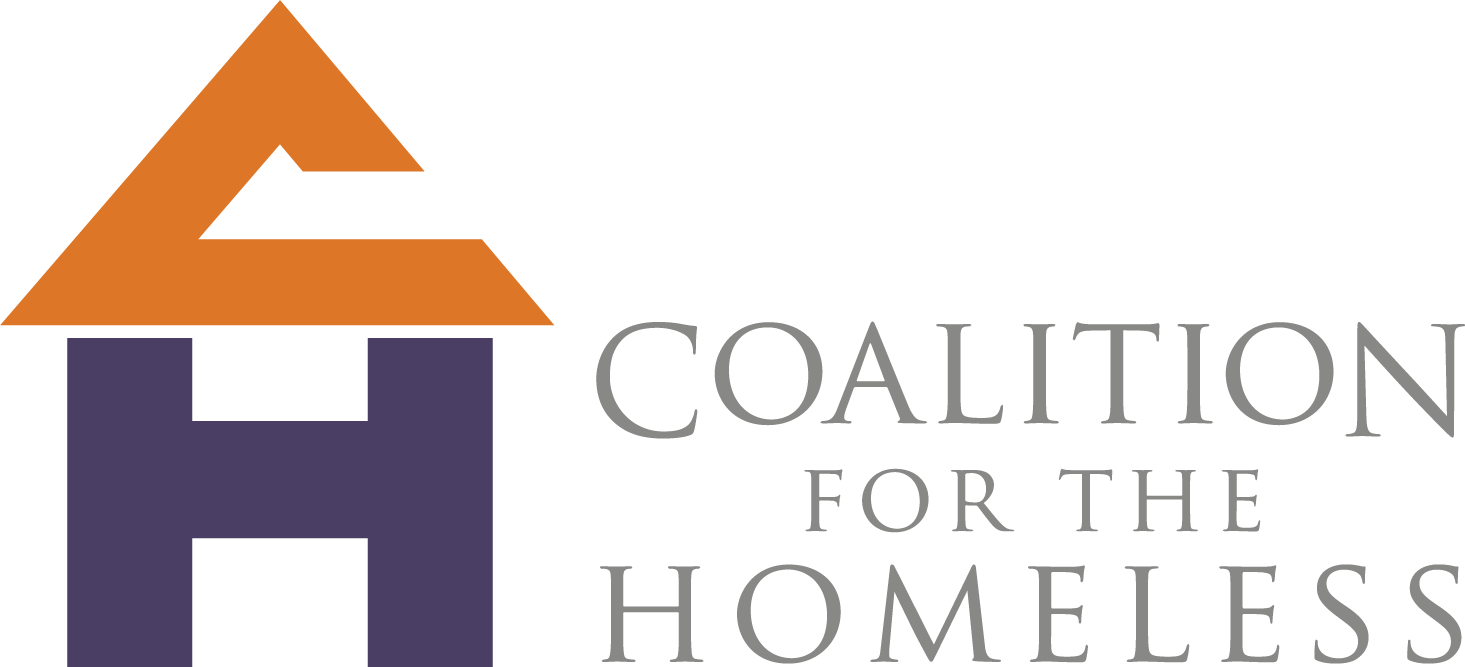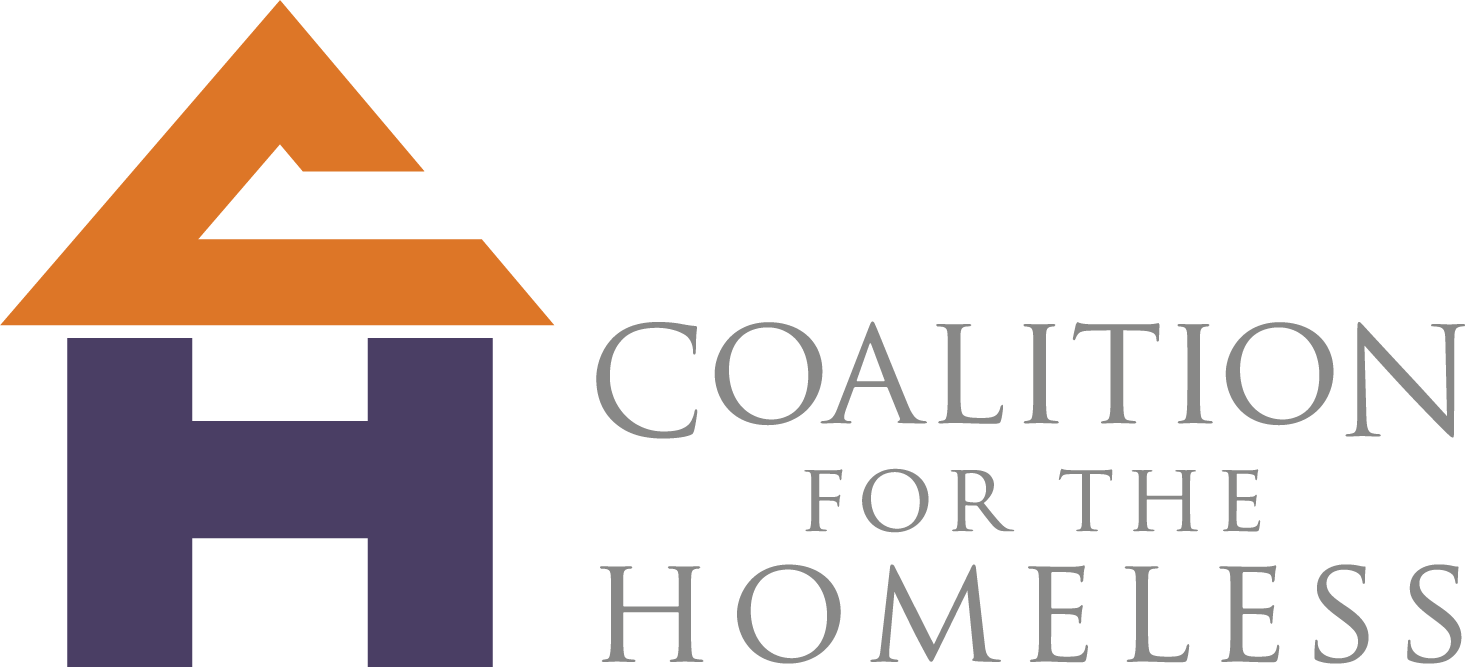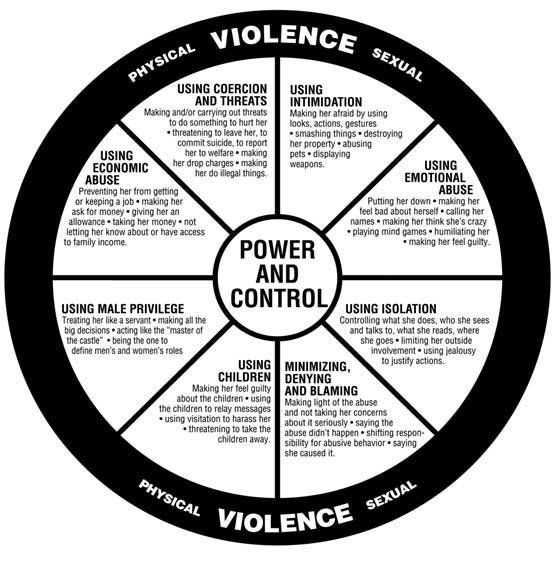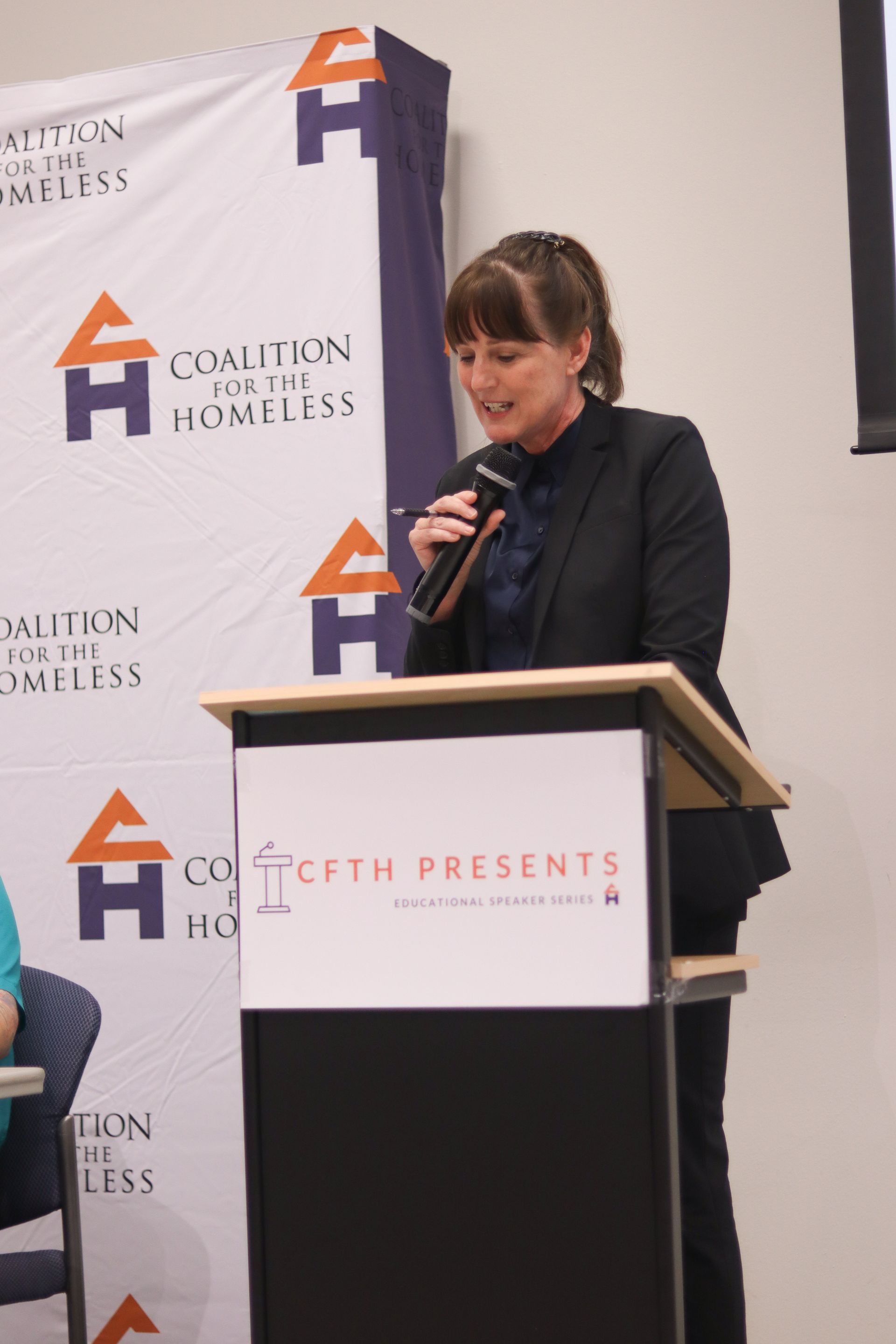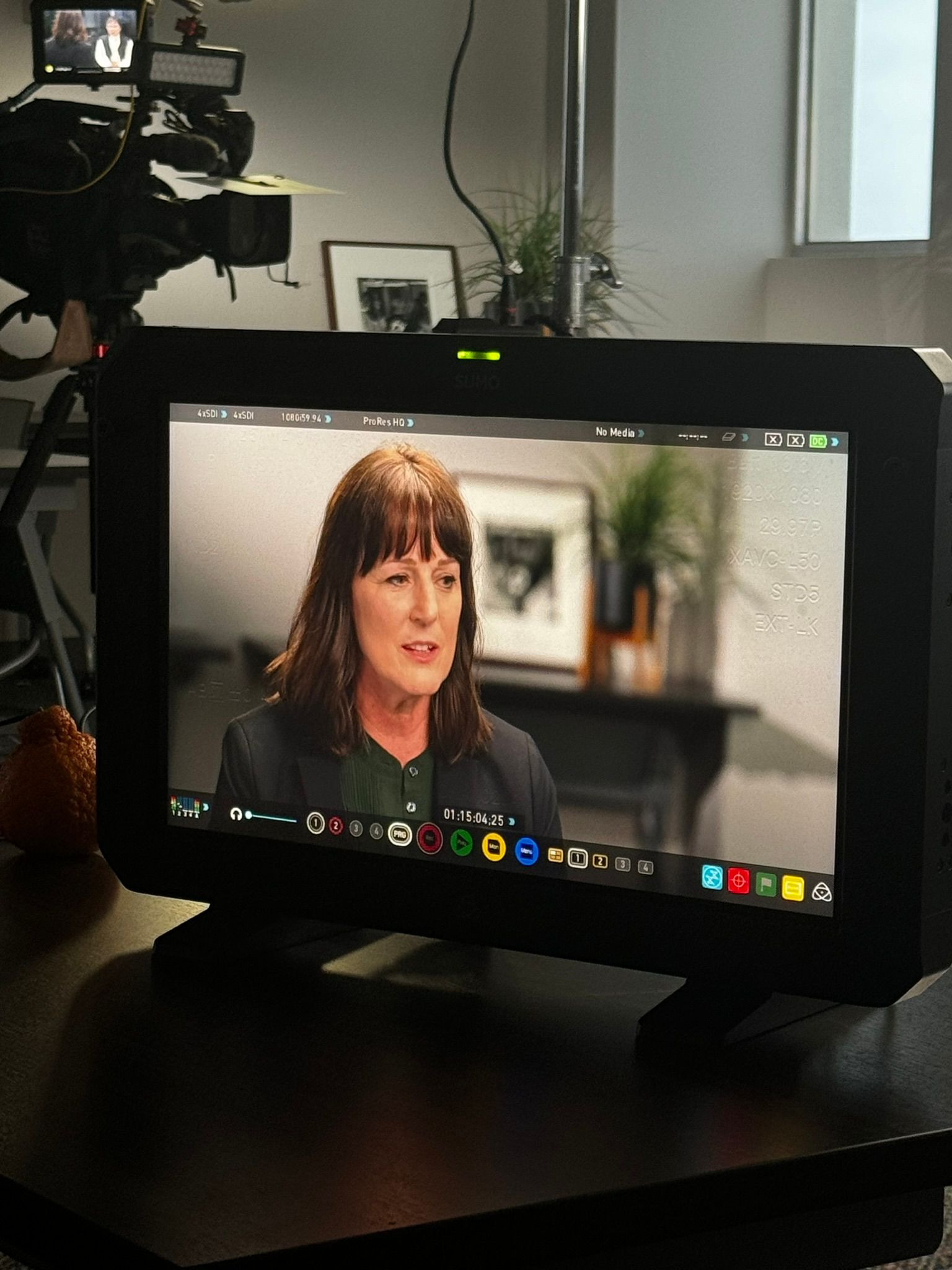Domestic Violence and Homelessness – Where We Are Now
Communications Admin • Oct 31, 2018
Over the course of a year, 1.3 million women in the U.S. will experience domestic violence, but less than 10 percent of survivors will ever report what has happened to them. In 2017 in Texas, there were over 200,000 incidences of family violence reported, and 136 women were killed. Of those 136 women who were murdered, 39 of them lived in Harris County. October is Domestic Violence Awareness month and the Coalition has led The Way Home
in a collaborative effort with Harris County Domestic Violence Coordinating Council
(HCDVCC) and the Houston Housing Authority
to try to make a change.
What is domestic violence? Domestic violence is a pattern of assaultive and coercive behaviors by an adult or adolescent against their intimate partner. These behaviors can include physical, sexual, psychological and economic attacks, and can present differently in each case.
Domestic violence survivors are some of the Houston region’s most vulnerable population. Most survivors face extreme danger when trying to leave the toxic relationship, and even if they are able to get out, most face the barrier of trying to find stable housing because they may have just left their whole life behind.
In October 2016, there was an opportunity to create a coordinated access system that allowed for domestic violence providers, homeless service providers, and the local housing authority to work together collaboratively to make permanent housing more accessible to those experiencing domestic violence. This new system would allow for a survivor to be able to access services, no matter where they were.
“It doesn’t matter what agency you are at, where you have your assessment, the doors are still open to you,” said Barbie Brashear, Executive Director of HCDVCC. “Agencies are now able to start working together collaboratively in a way that had never been seen before in this area.”
According to James Gonzalez, Senior Project Manager at the Coalition, this was the first time there has been a real and meaningful relationship between domestic violence providers and The Way Home homeless response system. “We thought, how can domestic violence services support us in the homeless system, because there are survivors on both sides.”
Though there are over 72,000 calls to local law enforcement annually about domestic violence cases, there are less than 350 available emergency shelter beds. Through this new domestic violence coordinated access system, the goal is to make homeless resources and permanent housing easily accessible to all and put the needs of the survivor at the forefront – essentially, this collaborative is working to make the process as easy as possible for the survivor.
One of the key parts of this system is the creation of a new role, known as the Mobile Advocate. Susan Hickey, who has been a client advocate for more than 20 years, has been in the role of Mobile Advocate for about a year now.
“Usually if a case manager has a client that discloses what they are going through, or they have a sense that some sort of family violence going on, that’s where I will step in,” says Hickey, an employee with HCDVCC. “I will then receive their contact information, meet with them at a neutral location if circumstances allow, and try to get to know them and let them feel comfortable around me.”
Hickey says it could take a few visits before she will learn about what their specific needs are because each family or individual is different. She is currently working with approximately 30 individuals and says her average day is typically spent meeting with clients around the Houston area, being as flexible as possible to be there to meet their needs, and doing everything in her power to try to get them away from the situation they may currently be in.
“In terms of the homeless service system, my role revolves around helping clients connect with the right agencies,” says Hickey. “I want to be able to help case managers learn more about what their client may be going through, teach them how to spot the signs of domestic violence, and understand why this sort of thing may happen.”
Hickey says she hopes she can be a support system for homeless service case managers and for their clients as well. She says that even though she knew a little bit about homelessness beforehand, working with these case managers and their clients has allowed for her to become a better advocate.
“The best part of my job is being able to meet clients I may not have been able to meet in the past, and sit and learn about them, and kind of help them put their life back into order,” says Hickey. “I always tell the client, I am just holding the flashlight so you can see where you are going, you’re the one driving the car.”
To learn more about the work being done by HCDVCC, you may visit their website at https://hcdvcc.org/.
2000 Crawford St., Suite 700
Houston, TX 77002
Please note we do not
provide direct services for people experiencing homelessness. If you are in need of immediate assistance please call 211.
(713) 739-7514
© 2023 Coalition for the Homeless.
All rights reserved© 2024
All Rights Reserved |
Coalition for the Homeless of Houston/Harris County

